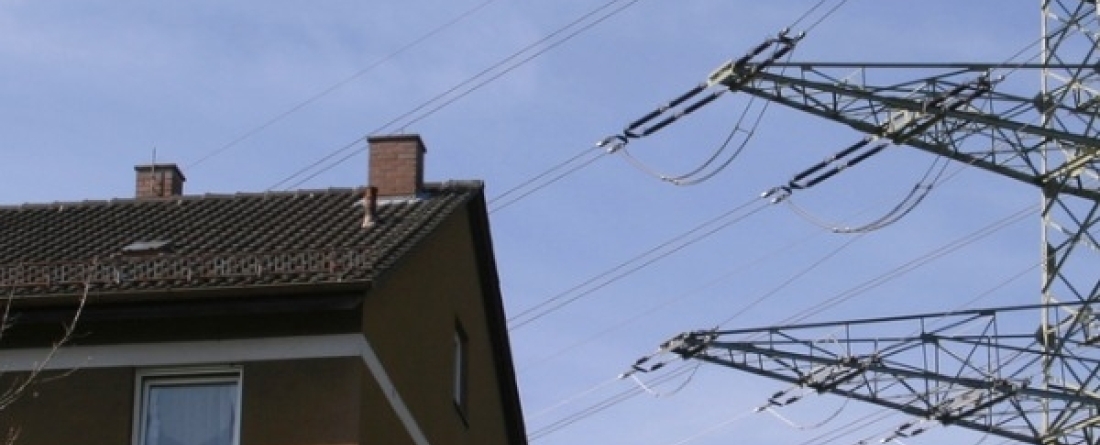
Linn, J., Liang, J., Qui, Y., (2023). Rising U.S. Income Inequality and Declining Residential Electricity Consumption: Is There a Link?. The Review of Economics and Statistics. https://doi.org/10.1162/rest_a_01387
Abstract
After growing steadily for decades, in the mid-2000s, average US household energy consumption began declining. Using household-level data from the Residential Energy Consumption Survey and Current Population Survey between 1990 and 2020, we decompose overall changes in per-household consumption into three components: a) average income; b) cross-household income distribution; and c) consumption habits, which include energy efficiency. Growth of average income caused consumption to increase by 11 percent, and rising income inequality reduced consumption by 8 percent, nearly entirely offsetting the effect of income growth. Changes in habits also reduced consumption. Back-of-the-envelope calculations indicate an unexpected effect of rising income inequality: climate and air quality improvements valued at $9 billion in 2020 due to lower electricity consumption. The results indicate the importance of coordinating policies that address inequality and pollution.
